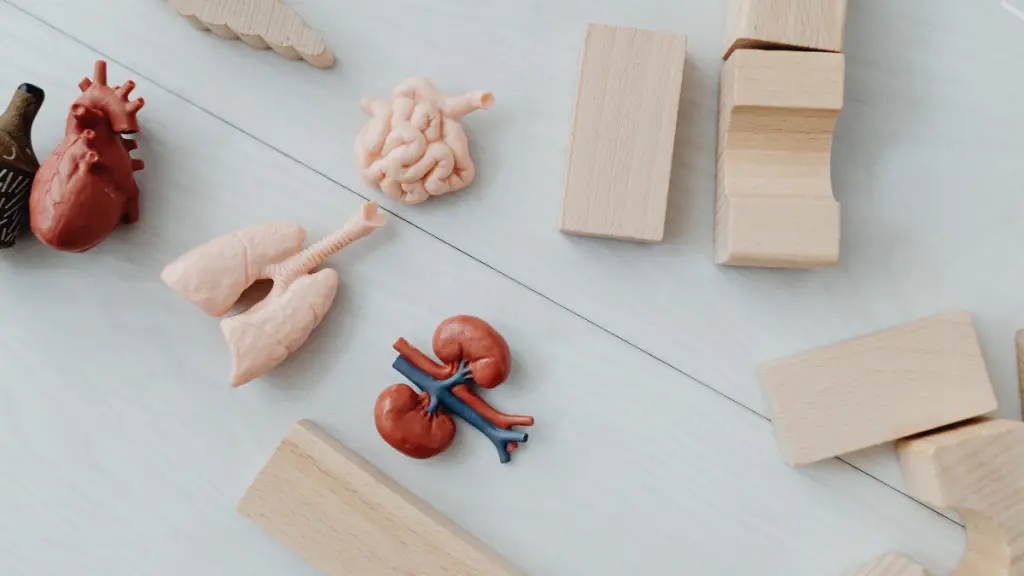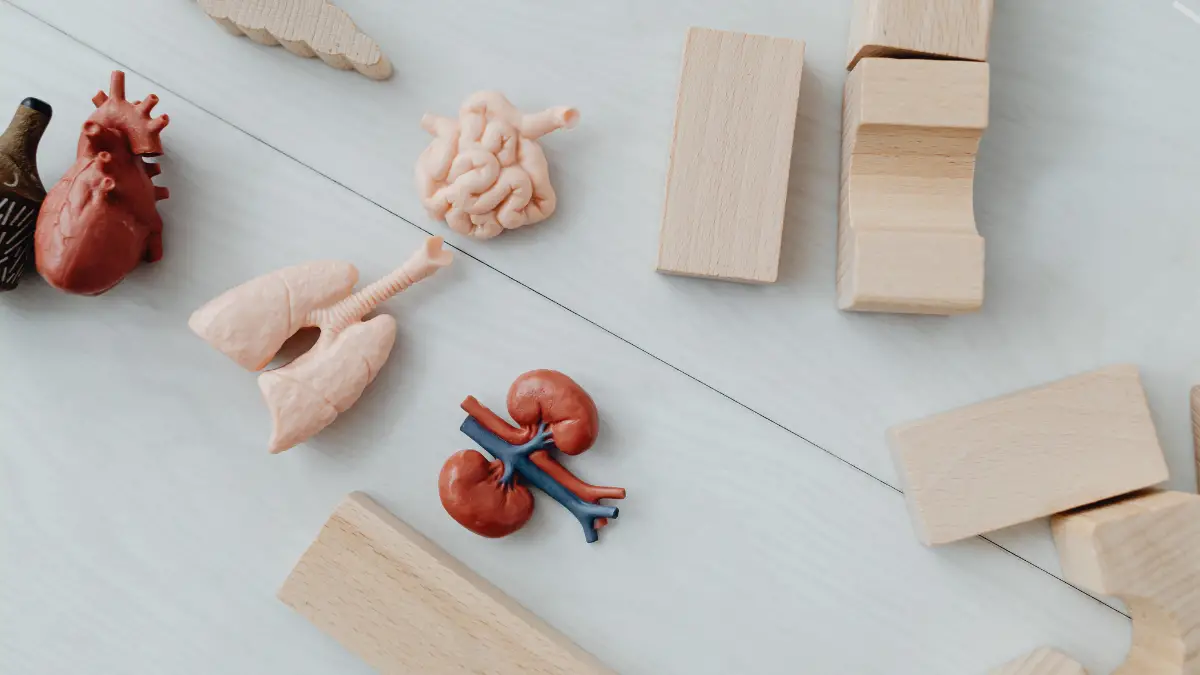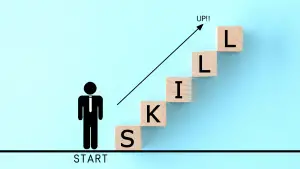Your kidneys are silent heroes working 24/7 to keep your body healthy. They filter waste, balance fluids and electrolytes, regulate blood pressure, produce hormones that make red blood cells, and even support strong bones. Despite their importance, many people only start paying attention to their kidneys when there’s already a problem. Kidney failure is a serious, potentially life-threatening condition.
But here’s the good news, it’s often preventable. In this article, we’ll explore the causes, warning signs, and most importantly, the steps you can take to protect your kidneys and keep them working for a lifetime.
Basic anatomy and physiology of the kidneys
You have two kidneys, located on either side of your spine just below your rib cage. Each kidney is bean-shaped and about the size of a fist. Together, they filter approximately 50 gallons (about 190 liters) of blood daily.
Functions of the kidneys include:
- Filter waste and toxins from the blood, excreting them as urine
- Balance water, salt, and mineral levels (like sodium, potassium, and calcium)
- Regulate blood pressure through hormone production and fluid control
- Produce erythropoietin, a hormone that stimulates red blood cell production
- Help activate vitamin D, which is essential for healthy bones
When the kidneys fail, these functions are disrupted, leading to a buildup of toxins, fluid imbalance, and damage to multiple organ systems. Without proper kidney function, the body can no longer maintain a stable internal environment.
What Is Kidney Failure?
Kidney failure occurs when the kidneys lose their ability to effectively filter waste from the blood. It is categorized into two main types:
(A)Acute Kidney Injury (AKI):
This is a sudden decline in kidney function that develops over hours to days. It is often reversible if detected and treated early.
(B)Chronic Kidney Disease (CKD):
This refers to a gradual, progressive, and usually irreversible loss of kidney function over more than 3 months. If left untreated, it can progress to end-stage renal disease (ESRD), requiring dialysis or kidney transplantation.
In both cases, waste products and fluids accumulate in the body, leading to life-threatening complications.

Causes of Kidney Failure:
There are different causes for acute and chronic kidney failure, but they all ultimately harm the kidneys’ filtering structures.
(A)Causes of Acute Kidney Injury;
1. Reduced Blood Flow to the Kidneys (Pre-Renal Causes):
The kidneys may be healthy but aren’t getting enough blood to function properly. Common causes include:
*Severe dehydration
*Heart failure
*Sepsis (widespread infection)
*Renal artery stenosis or clot
2. Direct Damage to the Kidneys (Intrinsic Causes):
Here, the damage affects the kidney tissue itself, especially the tubules and glomeruli. Examples:
*Medications such as NSAIDs, aminoglycosides, or some antibiotics
*Autoimmune diseases (e.g., lupus nephritis)
*Acute glomerulonephritis
*Toxins, including some herbal remedies or industrial chemicals
3. Obstruction of Urine Flow (Post-Renal Causes):
Blockages in the urinary tract cause urine to back up into the kidneys, leading to pressure and damage.Common causes:
*Kidney or bladder stones
*Enlarged prostate (BPH)
*Tumors in the urinary tract
*Urethral strictures
(B)Causes of Chronic Kidney Disease:
Chronic kidney disease often develops slowly over years. Common causes include:
- Hypertension:
Constant high blood pressure damages the small blood vessels in the kidneys.
- Diabetes Mellitus:
Excess sugar in the blood damages the nephrons over time.
- Chronic Use of Painkillers:
Long-term use of NSAIDs (like ibuprofen, diclofenac, or naproxen) can be toxic to the kidneys.
- Recurring Infections:
Repeated urinary tract infections or kidney infections (pyelonephritis) cause scarring.
- Low Water Intake:
Chronic dehydration makes it harder for kidneys to clear waste effectively.
Both reduce blood flow to the kidneys and accelerate tissue damage.
- Genetic Disorders:
Conditions like polycystic kidney disease are inherited and cause cyst formation in the kidneys.
Who Is Most at Risk?
While anyone can develop kidney problems, you’re more at risk if you:
- Have diabetes
- Suffer from high blood pressure
- Have a family history of kidney disease
- Are aged 60 or older
5. Are overweight or inactive
6. Smoke or use excessive alcohol
7. Take nephrotoxic medications (especially without supervision)
Signs and Symptoms of Kidney Failure
Kidney disease often progresses quietly. In the early stages, you may have no symptoms at all. That’s why it’s sometimes called a silent killer. Be alert for these warning signs:
1. Swelling in the legs, ankles, feet, or face (due to fluid retention)
2. Fatigue or weakness (due to anemia and toxin buildup)
3. Nausea or vomiting
4. Loss of appetite and weight loss
5. Foamy or bloody urine
6. Reduced urination(oliguria) or complete lack of it (anuria)
7. Nocturia: frequent urination at night
8. Shortness of breath (from fluid in the lungs)
9. Muscle cramps or twitches
10. Difficulty concentrating or confusion
11. Dry, itchy skin
If you experience any of these symptoms, consult a healthcare provider immediately.
Prevention: How to Protect Your Kidneys
Most kidney failure cases can be prevented or slowed down with early action and lifestyle changes. Here are things you can do:
1. Stay Hydrated:
Drink at least 1.5 to 2 liters of clean water daily, even when you’re not thirsty.
2. Control Blood Pressure:
Use a home monitor, reduce salt intake, manage stress, and take your medications consistently.
3. Control Blood Sugar:
For diabetics, regular blood sugar checks and proper medication use are vital.
4. Avoid Overuse of Painkillers and Herbal Remedies:
Many over-the-counter drugs and unregulated herbal products can be nephrotoxic. Never self-medicate long-term.
5. Eat a Kidney-Friendly Diet:
Focus on fruits, vegetables, lean proteins, and whole grains. Limit processed foods, excess salt, and sugary drinks.
6. Exercise Regularly:
Aim for at least 30 minutes of moderate physical activity (like walking, cycling, or swimming) five days a week.
7. Quit Smoking and Limit Alcohol:
Both reduce kidney blood flow and increase the risk of hypertension and cardiovascular disease.
8. Schedule Regular Medical Check-Ups:
Especially if you’re in a high-risk group—early detection allows for better outcomes.
When to See a Doctor
You should consult a healthcare provider if:
- You notice swelling, fatigue, or changes in urination
- You have a known risk factor like diabetes or hypertension
- You’re on medications known to affect kidney function
- You’re planning to start a new supplement or herbal remedy
Your doctor may run tests such as:
* Serum creatinine and estimated GFR
* Urinalysis
* Urine protein tests
* Imaging (like ultrasound)
* Kidney biopsy, in some cases
CONCLUSION
Your kidneys may be small, but they perform life-sustaining functions. Most people only realize their importance when symptoms appear, often when it’s already too late.
The good news? Kidney failure is often preventable. By staying hydrated, eating well, managing chronic diseases, avoiding harmful substances, and having regular check-ups, you can keep your kidneys working for a lifetime.
Start today. Prevention is easier and far better than cure.







